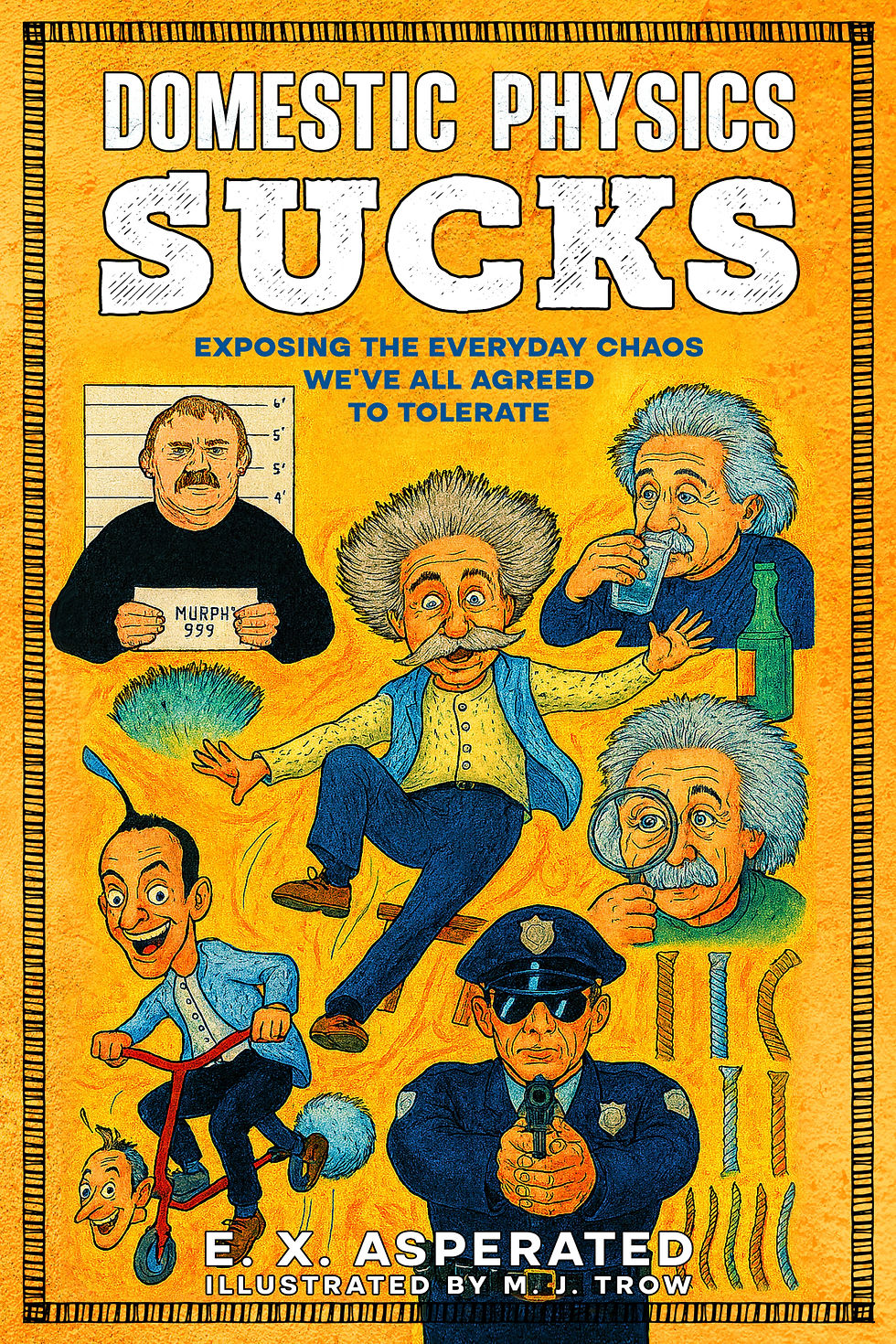You Get Three Wishes by Justin Alcala
- blkdogpublishing

- Jan 13, 2020
- 4 min read
Ask any best-selling author where they were before their first book became a New York Times bestseller or before their big million dollar publishing deal and their answer is the same. They were struggling. They were getting rejected. They were climbing the hill like everyone else. Most of these acclaimed authors will also admit that the struggle is part of the process. It’s a measure of development. It inspires the mind and soul. Just stick with it and the cream rises to the top.
So if the struggle is just part of the development, then what can a budding or intermediate writer hope for? If the pain is part of the pleasure, what do writers need to continue towards their aspirations of creating that next great American Novel, winning that Pulitzer Prize or becoming one of the most respected authors of all time? Well, if you found a literary genie, and they gave out three wishes, here’s what they should be. Writers need to be one with rejection, grow with their work and never lose the swagger. Confused? No worries. We will walk through it together.
The first piece sounds simple enough. Be one with rejection. Don’t let the man get you down. Keep trudging along and not taking no for an answer. A writer needs to understand that most submission-rejections and uninterested replies stem from time tables, undisclosed publishing goals and reviewer preference. You could write a perfectly good story, better than most, and still not make that anthology or get that novel accepted. It’s literally not you, it’s them. Rejection is like bad weather. You can’t avoid it, and occasionally, when an agent or publisher is superb at telling you why they’re passing, you can even grow from it.
For example, I’ve had agents tell me that my writing is great, but the genre I chose just isn’t selling. Some publishers let me know they’re just tiring of first-person narratives, even if the manuscript is seamless. These bits of commentary remind a storyteller that there is progress, but today is just isn’t the day. Even the common This just doesn’t work for us reply given by many publishers is an indicator to how subjective the industry is. Your work could fit perfectly with other distributer.
The second wish is that a writer grows with their work. All too often, starting authors try to perfect one topic, one idea, one concept, and drive it into the ground. This is a great method for starting out. You can’t be a good writer until your work speaks for itself and focusing on a horror genre or type of dialogue is the perfect way of getting your name out there. As you grow though, and as you master more writing tools, it’s vital to challenge your work. Go out of your comfort zone, write new types of stories and learn to write in first, second and third person perspective. Most importantly, challenge how you look at everything that you write about.
Long ago when animals could talk, I was an overworked writer living in downtown Chicago with barely a penny to spare. My characters were gritty. My scenery was destitute. My point of view leaned on a survivor’s demeanor. As I grew, advanced my career and had a family, I became happier. I started to understand that not everything needs to bleed noir. You can have genuinely kind characters. You could build honest scenes instead of glum gutters. You could tell a story that makes the reader think about the merits of life, love and everything in between. Challenge your writing in order to broaden your perspective and challenge your perspective in order to improve your writing.
Finally, never lose your swagger. It’s easy to be confident in a character, plot or manuscript for a short while, but the gods cursed writers to question everything, including themselves. Doubt tethers itself to artists before dropping its anchor in the ocean. Most writers don’t last more than three years before throwing their work in the air and going back to their normal lives. Whether it's bravado, confidence or just an understanding that you have stories that demand to be told, a part of you has to find that thing that makes you a special writer and run with it.
Just remember, confidence is the ability to meet life’s hurdles and know that you’ll succeed. An author, someone who typically works alone, gets all the pains of being alone, but none of the encouragement that other careers provide. An author must be self motivating. If they can learn to continue to believe in their work, even when it’s not paying the bills, even when it’s getting dumped on by editors or isn’t meeting personal expectations, they will succeed.
So the next time you’re digging in your backyard and find a rare lamp with a genie’s initials, think about what you will wish for. Success comes with time and dedication. The struggle is part of the process. Still, there’s three major elements that can help you become a master of writing in that span. They are the foundation for anyone who aspires to create greatness in their work. Why not work on making those wishes come true?
Justin Alcala is the author of 'Consumed'. For more information on this title click here.









Comments